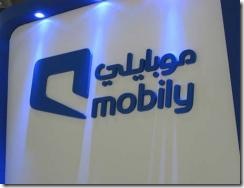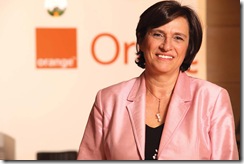Mobily has announced the signing of a SAR 600 million (US$160 million) deal with Ericsson for the expansion of the coverage and capacity of the operator’s mobile network, including HSPA.
This is Mobily’s second major announcement this year for its 3.75G network, following a statement in March announcing the roll out of HSUPA; which made it one of 31 operators around the world at the time to provide a full HSPA experience according to the GSMA.
Mobily counts 800,000 active HSPA subscribers, who together consume more than one gigabyte of data a month, and who contribute to an overall mobile data exchange of 42 terabytes a day, making Mobily’s HSPA network the busiest in the world.
Today, Mobily’s HSPA network covers 78 per cent of all populated areas and offers customers an average speed of 1.8 Mbps on a HSPA network that supports speeds of up to 7.2 Mbps. Mobily has successfully covered more than 326 cities and towns in the kingdom with the 3.5G and 3.75G.
The contract awarded to Ericsson will increase network capacity and triple mobile broadband speeds, giving Mobily’s customers a faster broadband Internet experience. The contract awarded to Ericsson comes as part of the operator’s commitment to its mobile broadband customer base and as part of a series of other capacity expansion contracts with other global vendors including Huawei and Nokia Siemens.






